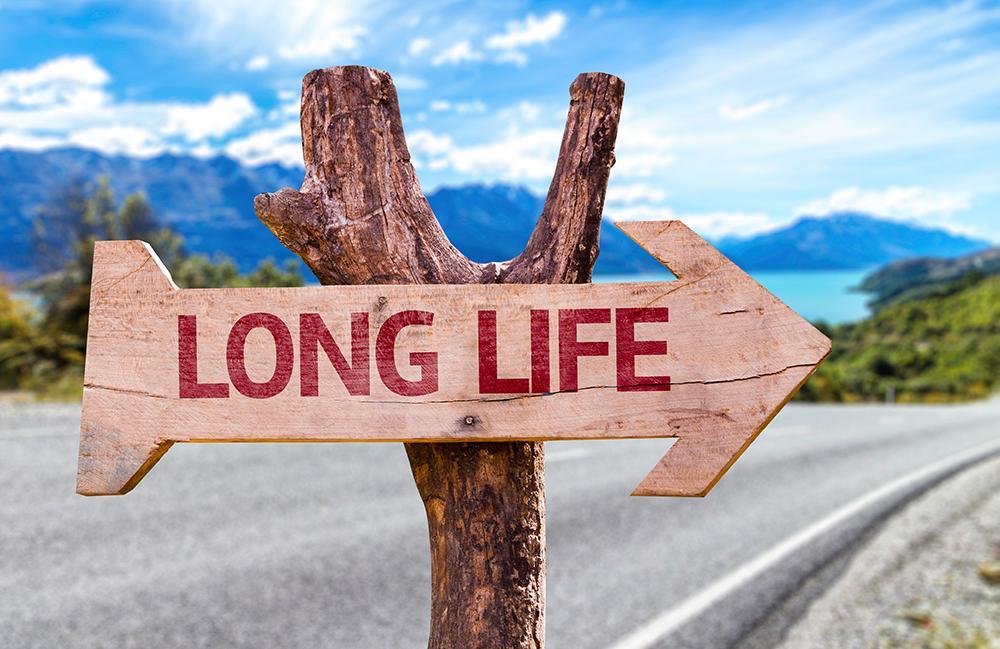Energy demand reduction options for meeting national zero-emission targets in the UK

A new study published in Nature Energy found that without substantial levels of energy demand reduction the UK will be unable to achieve net-zero by 2050.
The good news though is that the UK has the potential to reduce demand by 52% to help reach net-zero, achieved through a combination of social changes to how we consume energy services and how much we consume, as well as energy efficiency measures that decrease the amount of energy needed to supply us with all-important goods and services such as transport and mobility.
Here are 7 reasons for the UK (and other developed countries) to go all out on energy demand reduction:
- It help makes our energy system more resilient to the current price shocks we are facing today because we are using less fossil fuels.
- Because we use less energy, the system capacity needed to supply energy to us can be considerably smaller, making the energy system transition more manageable. This can result in an electricity system that is almost 40% smaller (in TWh) than one with less demand reductions.
- A smaller system with less energy used also reduces emissions - so this is great for achieving our carbon budget and net zero goals. We find that without strong efforts on demand reduction we are likely to miss our climate policy goals.
- Lower emissions over the next 25 years means less to zero reliance on high risk carbon dioxide removal (CDR) options to suck CO2 out of the atmosphere. This would make our net zero strategy much more robust to risks of CDR failure to scale.
- An energy demand reduction strategy would rather be built on stuff we know how to do, like insulating homes, building infrastructure to enable active travel, and promoting healthy diets.
- None of this would need to be at the expense of our quality of life; rather it would promote higher levels of well-being, and still enable us to access the energy services we need such as heating and travel.
- Energy demand reduction of course works alongside all of the supply side technologies that we will also need. It is not either or, but both.
TSU's Christian Brand was one of the 17 UK researchers based at Leeds, UCL and Oxford who undertook the study over the past 3 years. "Energy demand reduction is not 'nanny state' governance. It's sensible, strategic and consistent climate policy", he said.
For more information on the Positive Low Energy Futures Study, please see our open access Nature Energy article or refer to the project website.
Energy demand reduction options for meeting national zero-emission targets in the UK
A new study published in Nature Energy found that without substantial levels of energy demand reduction the UK will be unable to achieve net-zero by 2050.

